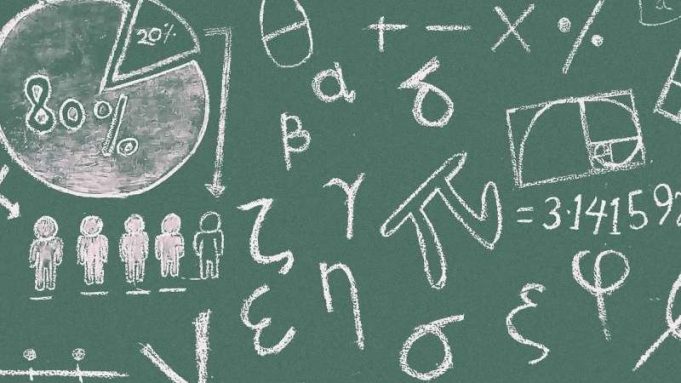While the broad architecture and organization of the human brain is universal, new research shows how the differences between how people reimagine common scenarios can be observed in brain activity and quantified. These unique neurological signatures could ultimately be...
Can't remember something? Try waiting until later in the day. Researchers identified a gene in mice that seems to influence memory recall at different times of day and tracked how it causes mice to be more forgetful just before...
For many, déjà vu is just a fleeting, eerie sensation that "I've been here before." For others, it gets even eerier: In that moment of unsettling familiarity, they also feel certain they know what's going to happen next --...
Being good at math relates to better financial and medical outcomes -- unless you don't have confidence in your own abilities with numbers, new research suggests.
In two studies, researchers found that the key to success in personal finances and...
Cats have a reputation for being aloof and independent. But a study of the way domestic cats respond to their caregivers suggests that their socio-cognitive abilities and the depth of their human attachments have been underestimated.
The findings reported in...
While computers have become smaller and more powerful and supercomputers and parallel computing have become the standard, we are about to hit a wall in energy and miniaturization. Now, Penn State researchers have designed a 2D device that can...
Why is it that you can remember the name of your childhood best friend that you haven't seen in years yet easily forget the name of a person you just met a moment ago? In other words, why are...
Light touch plays a critical role in everyday tasks, such as picking up a glass or playing a musical instrument. The sensation is also an essential part of the body's protective defense system, alerting us to objects in our...
Around the world, the number of people diagnosed with autism is rising. In the United States, the prevalence of the disorder has grown from 0.05% in 1966 to more than 2% today. In Quebec, the reported prevalence is close...
By measuring the fast electrical spikes of individual neurons in the touch region of the brain, Brown University neuroscientists have discovered a new type of cell that keeps time so regularly that it may serve as the brain's long-hypothesized...
Hallucinations are spooky and, fortunately, fairly rare. But, a new study suggests, the real question isn't so much why some people occasionally experience them. It's why all of us aren't hallucinating all the time.
In the study, Stanford University School...


















